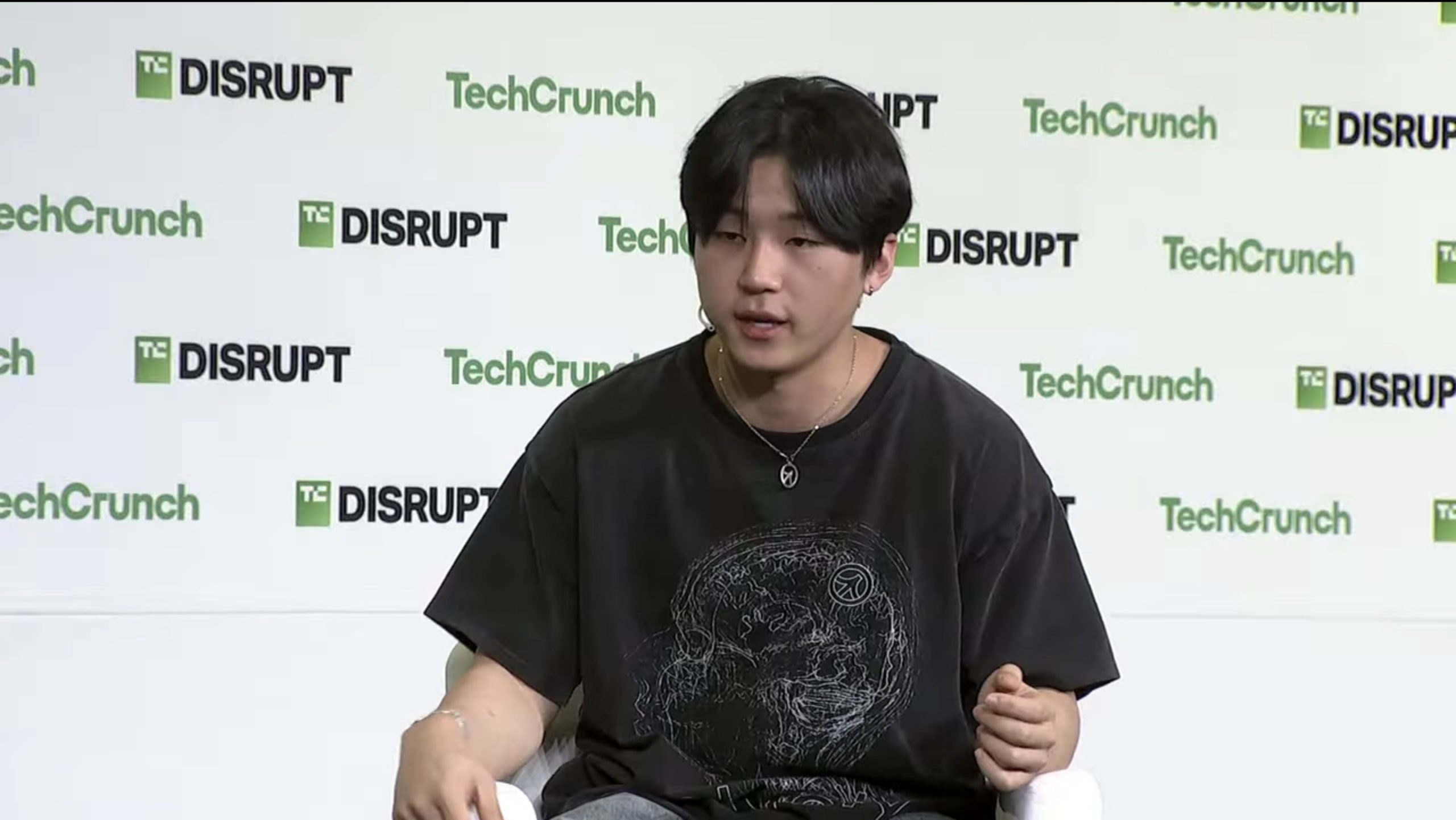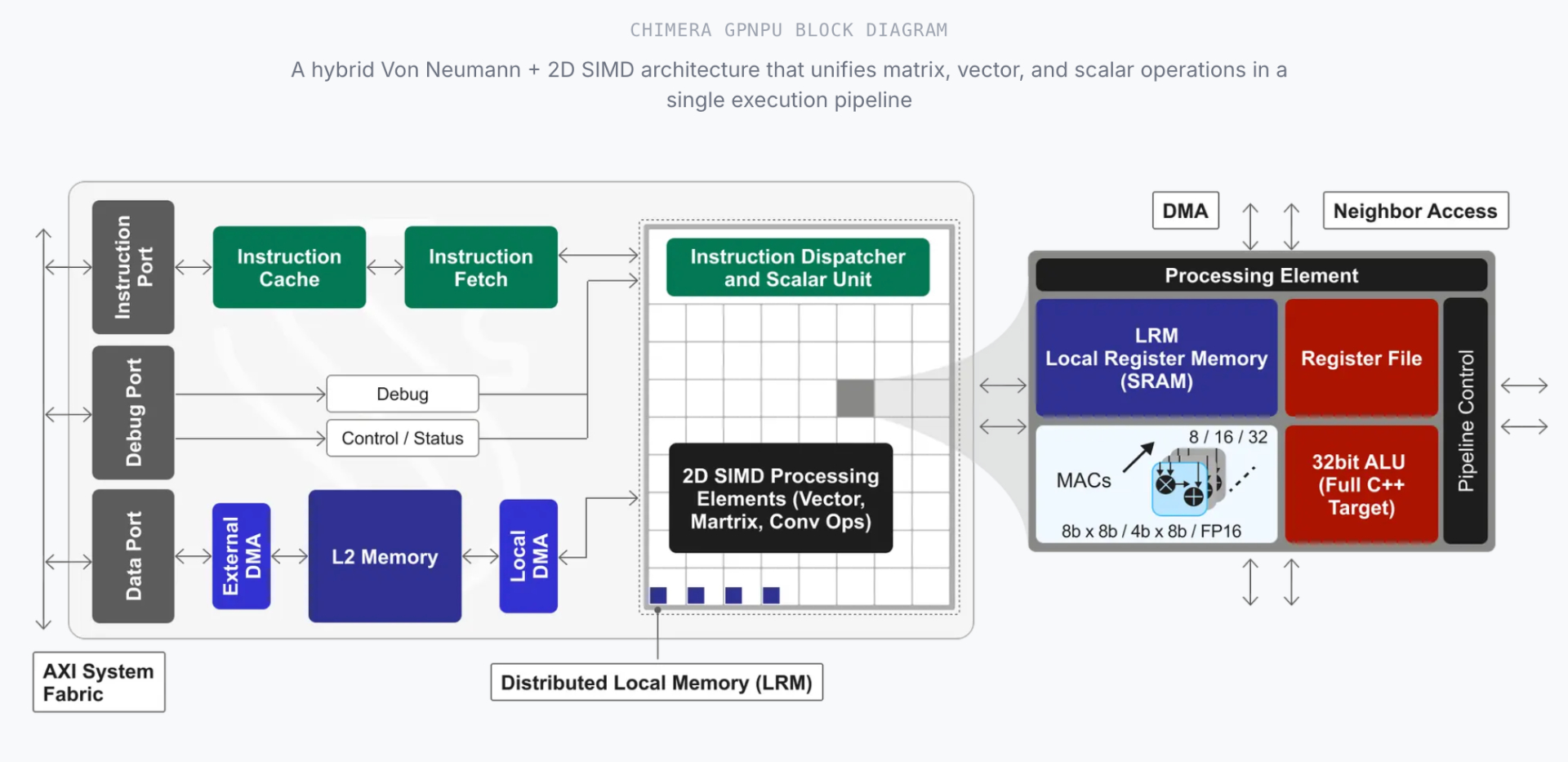
Roy Lee, the visionary founder behind Cluely, recently offered a candid assessment of the startup’s journey at TechCrunch Disrupt 2025, underscoring a critical distinction between ephemeral viral attention and the foundational elements required for enduring business success. While acknowledging the undeniable power of social media to ignite initial interest, Lee posited that a robust product and a clear pathway to sustained customer value ultimately trump mere brand awareness in the fiercely competitive tech ecosystem. His reflections offer a valuable case study in the evolving strategies employed by nascent companies striving for relevance amidst the current artificial intelligence boom.
The Genesis of Notoriety: A Deliberate Provocation
Cluely burst onto the public stage in April with an audacious marketing campaign that deliberately courted controversy. Its initial product was pitched as a revolutionary tool to help users "cheat on everything," a bold claim designed to grab headlines and spark intense discussion. This "rage bait" strategy, as it’s often termed in digital marketing circles, capitalizes on strong emotional responses—whether positive or negative—to amplify visibility. For Cluely, this approach was deeply rooted in the personal narrative of its founder. Roy Lee first garnered significant public attention when he faced suspension from Columbia University for developing an application intended to aid in coding job interviews, effectively a tool for circumventing traditional assessment methods. Far from shying away from this notoriety, Lee strategically channeled it into the very identity of Cluely, positioning the startup as an enabler of undetectable information delivery during online interactions, ostensibly to provide an unfair advantage.
This controversial genesis aligns with a historical strain of disruptive innovation in Silicon Valley, where the ethos of "move fast and break things" has sometimes been interpreted as a license to challenge established norms, even ethical ones. Companies like Napster in the early 2000s or various privacy-challenging apps throughout the years have shown that controversy can be a powerful, albeit risky, accelerant for user acquisition. However, the long-term viability of such models often hinges on their ability to pivot from a provocative premise to a genuinely useful, ethically sound, and sustainable offering.
The Double-Edged Sword of Viral Hype
Lee’s initial strategy, articulated at the conference, revealed a calculated risk: "Maybe we launched too early… The whole idea [was] let’s launch something that barely works, and and if we can get enough initial users, they will find out the use cases for us." This "lean startup" methodology, advocating for rapid iteration and user-driven development, is a well-trodden path in the tech world. However, combining it with a highly controversial marketing hook amplified both the potential rewards and the inherent dangers. The immediate attention Cluely received was undeniable, culminating in a significant achievement for an early-stage company: a $15 million Series A funding round from the prestigious venture capital firm Andreessen Horowitz (a16z) in June. Bryan Kim, an a16z partner, publicly endorsed Cluely, stating that Lee had demonstrated an ability to convert viral attention into tangible paying customers.
Indeed, for a brief period in the summer, Cluely appeared to be defying conventional wisdom, with Lee proudly announcing that the company’s Annual Recurring Revenue (ARR) had soared from $3 million to an impressive $7 million in a single week. This meteoric rise, he claimed at the time, was driven by widespread adoption: "Every single person who has a meeting or an interview is testing this out." This period showcased the intoxicating potential of viral marketing within the fast-moving AI landscape, where early adopters are eager to experiment with novel tools. Yet, the subsequent tempering of Lee’s enthusiasm for public financial disclosures hints at the inherent challenges in sustaining such explosive, attention-driven growth.
Navigating Ethical Considerations and Market Demands
The "cheat on everything" narrative, while effective in generating buzz, presented significant ethical and branding hurdles. In a professional and academic world increasingly focused on integrity and fair play, a tool explicitly designed for deception faced an uphill battle for widespread, long-term acceptance, particularly in institutional or corporate settings. While some individual users might be drawn to the perceived advantage, institutions—from universities to corporations—would likely be wary of endorsing or even tolerating such a tool, posing a significant barrier to enterprise adoption.
This ethical quagmire likely contributed to Cluely’s strategic evolution. The shift towards offering an enterprise product in late June, promising assistance with sales calls, customer support, and remote tutoring, marked an initial attempt to broaden its appeal beyond the contentious "cheating" paradigm. This move represented an acknowledgment that for a startup to achieve substantial scale, it often needs to align with existing business processes and provide clear, value-driven solutions rather than relying solely on individual, potentially illicit, gains.
Strategic Pivot: Embracing Practicality in a Crowded Field
More recently, Cluely has undergone a more pronounced strategic reorientation, narrowing its focus considerably. The company’s new website positions its product as an "AI assistant for meetings," with a stated goal to "become the best AI note taker, starting with the consumer." This pivot represents a significant departure from its initial provocative stance and broad ambitions, signaling a move towards a more conventional and arguably more sustainable market niche.
The decision to target the AI note-taker segment, however, places Cluely squarely within an already crowded and competitive landscape. Companies like Otter.ai, Fathom, and various integrated solutions within major communication platforms (e.g., Zoom, Microsoft Teams) already offer sophisticated AI-powered transcription, summarization, and action item generation services. To differentiate itself, Cluely will need to offer compelling functionality and superior user experience. Lee highlighted features such as "sending follow-up emails" as an example of the utility Cluely aims to provide, indicating a focus on practical applications that streamline post-meeting workflows. This move suggests a maturation in Cluely’s strategy, shifting from novelty to tangible productivity enhancements.
The Funding Conundrum and the Quest for Sustainable Metrics
The journey from a provocative "cheat on everything" tool to an AI meeting assistant also sheds light on the complex dynamics between startups, venture capitalists, and the pressure to demonstrate growth. While a16z’s $15 million investment was a testament to Lee’s ability to generate attention and early customer acquisition, the subsequent reluctance to discuss specific sales and retention figures indicates a recognition that initial viral surges do not automatically translate into long-term customer loyalty or robust unit economics.
When pressed for current performance metrics, Lee offered a guarded response: "I’ll say we’re doing better than I expected, but it’s not the fastest growing company of all time." This statement, coupled with his new stance that "you should never share revenue numbers" because "if you’re doing well, nobody is going to talk about how well you’re doing, but if you’re doing poorly, then everybody will only talk about how poorly you’re doing," contrasts sharply with the prevailing culture among many fast-growing AI startups. In the current AI boom, founders frequently boast about explosive ARR figures, using them as a powerful signal of traction to attract further investment and talent. Lee’s shift suggests a more cautious, perhaps even defensive, approach to public disclosure, possibly stemming from the difficulty of sustaining initial, attention-fueled growth rates or managing investor expectations set by earlier, more optimistic projections.
Lessons from the Front Lines of Startup Innovation
Cluely’s evolving narrative serves as a potent reminder that in the fast-paced world of software development, particularly within the generative AI domain, social media attention alone is an insufficient foundation for lasting success. While virality can provide an invaluable initial spark, it must be rapidly followed by the development of a strong, valuable product that genuinely addresses user needs, offers a superior experience, and demonstrates clear product-market fit.
The company’s journey highlights several critical lessons for aspiring entrepreneurs:
- The Double-Edged Nature of Controversy: While "rage bait" can generate rapid awareness, it can also create significant brand baggage and ethical dilemmas that may hinder long-term growth and broader market acceptance.
- The Imperative of Product-Market Fit: Early user acquisition, especially when driven by novelty or controversy, does not automatically equate to enduring demand. Startups must relentlessly search for a problem they can solve exceptionally well for a defined market.
- Beyond Vanity Metrics: While ARR and user numbers are important, the sustainability of growth hinges on retention, customer lifetime value, and a defensible value proposition. Investors and the market ultimately scrutinize these deeper metrics.
- Adaptability is Key: The ability to pivot—to re-evaluate market opportunities, refine product offerings, and even redefine a company’s core mission—is crucial for survival in rapidly evolving technological landscapes like AI.
As Cluely endeavors to carve out a niche as an AI meeting assistant, its future success will depend less on its controversial origins and more on its ability to deliver tangible, reliable value in a highly competitive market. The shift from provocative hype to practical utility marks a significant maturation, reflecting a broader understanding that while attention can be bought, sustained engagement must be earned through consistent product excellence.








